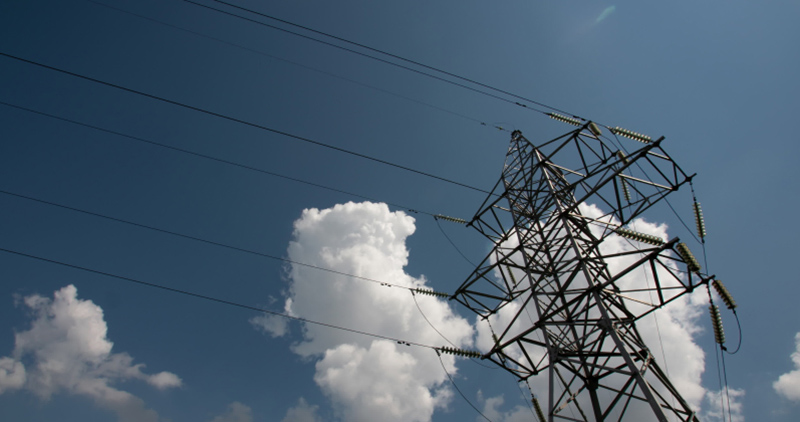Health, Pensions, and Electricity Sectors Are Key to Fiscal Consolidation in Guinea-Bissau
Strengthening the pension system, improving health sector outcomes, and enhancing the performance of the electricity sector are key to consolidating fiscal space in Guinea-Bissau and accelerating development. These are some of highlights of the Public Expenditure Review (PER), a new report launched by the World Bank.
With a small population of around 2 million and economic activity centered on the production and sale of unprocessed cashew nuts, Guinea-Bissau is beset by political instability and high rates of extreme poverty and vulnerability. A quarter of the population live below the international poverty line of US$2.15 a day, making it one of the poorest countries in the world. Guinea-Bissau needs a step-change in its development trajectory to meet these pressing challenges, and strengthened public finance has a key role to play.
“The Government of Guinea-Bissau is committed to fiscal consolidation, and this new Public Expenditure Review intends to support this objective as part of the World Bank’s continued engagement on fiscal policy issues and commitment to sustainable development in the country. The report features a series of recommendations for more efficient public spending in key sectors, such as pensions, health, and electricity”, says Anne-Lucie Lefebvre, Resident Representative of the World Bank in Guinea-Bissau.
The Guinea-Bissau Public Expenditure Review examines the efficiency and effectiveness of public expenditure and revenue mobilization and identifies opportunities to increase the country’s fiscal space.
Several recommendations emerge from the report, including the establishment of an integrated pension system that covers both public and private sector workers; improving transparency and governance in the pensions sector; enhancing budget preparation and execution in the health sector, as well as financial information technology systems, health care delivery, and human resource management; and ensuring the financial sustainability of the electricity sector while improving governance and modernizing its infrastructures.
“The new Public Expenditure Review builds upon the analysis from the 2018 report and continues highlighting the need for Guinea-Bissau to improve domestic revenue mobilization and reduce expenditure to create fiscal space. This will allow the government to invest in human and economic capital and reduce budget rigidities to be better able to respond to crises, reduce poverty, and improve shared prosperity”, says Patrick McCartney, World Bank Country Economist, and co-author of the Public Expenditure Review.
Read more @worldbank











